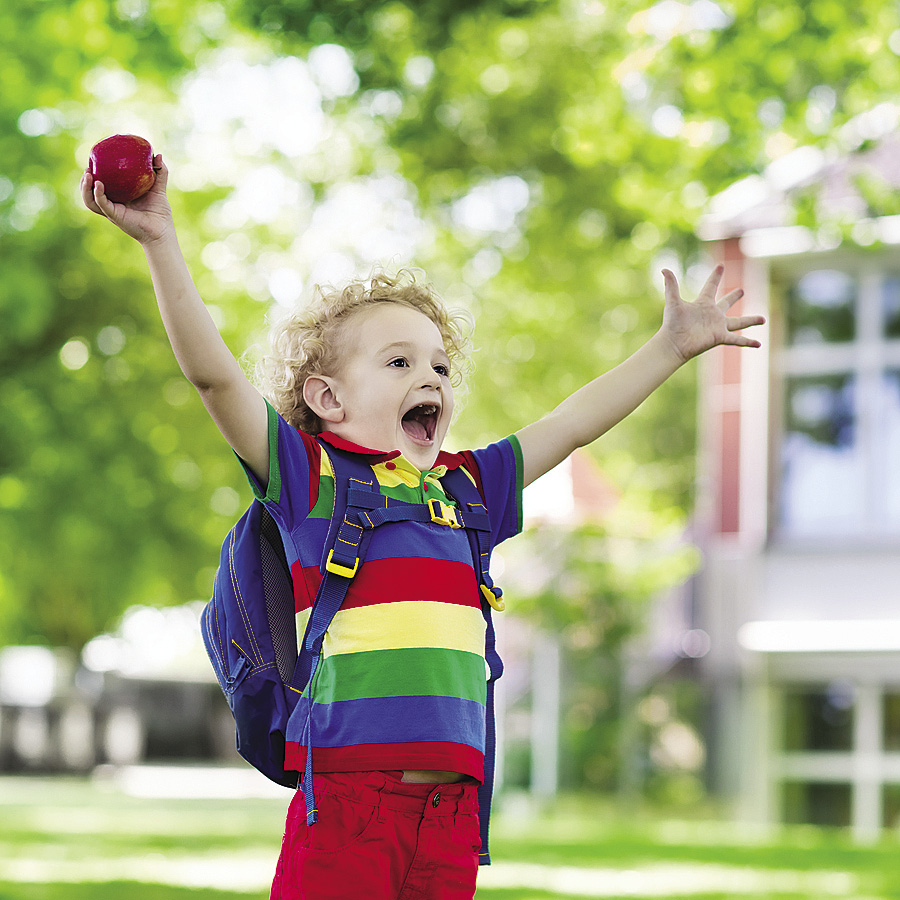Whether you’ve got kids at home or not, this back-to-school time of year can be frenzied, stressful and downright overwhelming. Schedules change drastically, not to mention the hours of daylight. Temperatures swing and vacations grind to a screeching halt. After school activities gobble up any free time that school and work left over and suddenly, its winter and dark at 4:15 p.m. Changes are abundant this time of year, making it easy to feel out of control, anxious or rundown. Taking stock of daily habits, those of the individual and the family, can help with a smoother autumn and a gentle transition into winter.
The first habit, and maybe the most critical, is the habit of sleep. A good night’s sleep is of prime importance for everyone, regardless of age. People with tired brains don’t learn as well and can find it hard to pay attention. Sleep hygiene is a concept health professionals like to talk about. Simply put, sleep hygiene are the sleep habits that guarantee either a good or a poor night’s sleep. Things like limited screen time (especially right before bed), plenty of physical activity during the day (at least 60 minutes for kids and 30 for adults), and a curtailed intake of caffeine (especially for children) will help the body enter quickly and fully into restorative sleep. And if you do have kids at home, remember that they need a lot of sleep. Children between ages 3-5 years need 10-13 hours a night, ages 6-13 need about 9-11 hours, teens need between 8-10 hours. Adults need 7-9 hours of sleep each night.
Consider also, that a healthy body learns and works a whole lot better than an unhealthy one. Not just free from illness, a healthy body is one that is well rested, well fed and physically active. Start the day with breakfast. Brains work their best when they’re fueled with protein, whole grain carbs and a little fat. Oatmeal is a great option, as is scrambled eggs and a piece of whole grain toast. Stock up on healthy lunch and snack items at the grocery store so that hunger doesn’t get the best of you or your brain. Items like string cheese, apples with peanut butter, hard boiled eggs or yogurt with granola are simple, affordable and filling. If at all possible, walk or bike to school or work. Not only is it a chance to get some activity, it’s a good way to jump-start your day. A brisk bit of exercise can be just as rejuvenating to the brain as a cup of coffee. And for kids, remember that backpacks, no matter how big, shouldn’t weigh more than 10-20 percent of your child’s weight. Making sure the straps are wide and padded, and worn on both shoulders, will help avoid undue strain to the body.
Preparing for tomorrow the night before is a great way to maintain a stress-free morning. Make lunches right after dinner, packaging up any lunch-appropriate leftovers. Lay out your clothes and help children do the same before going to bed. If there are after-school activities happening, prep all the gear and equipment and set it by the door, along with backpacks and anything else that has to go out the door with the family.
For more ideas, applicable to everyone, check out: healthychildren.org.




